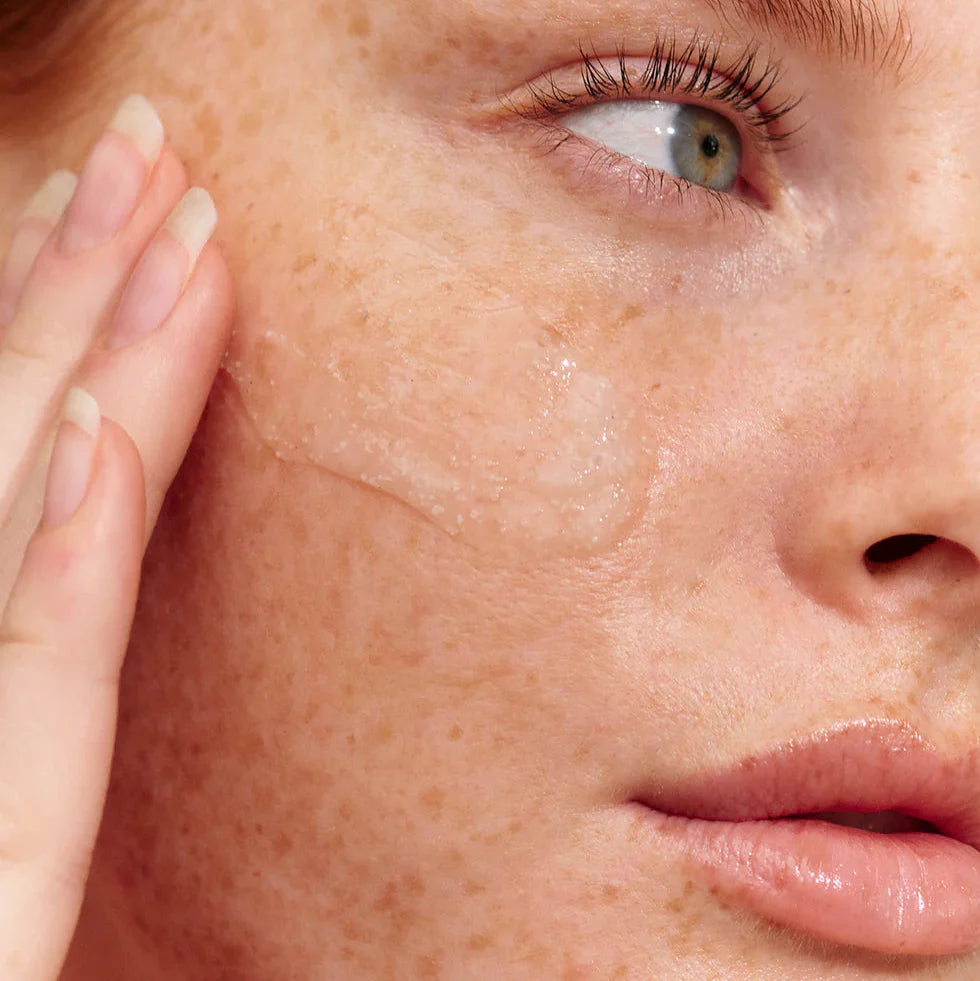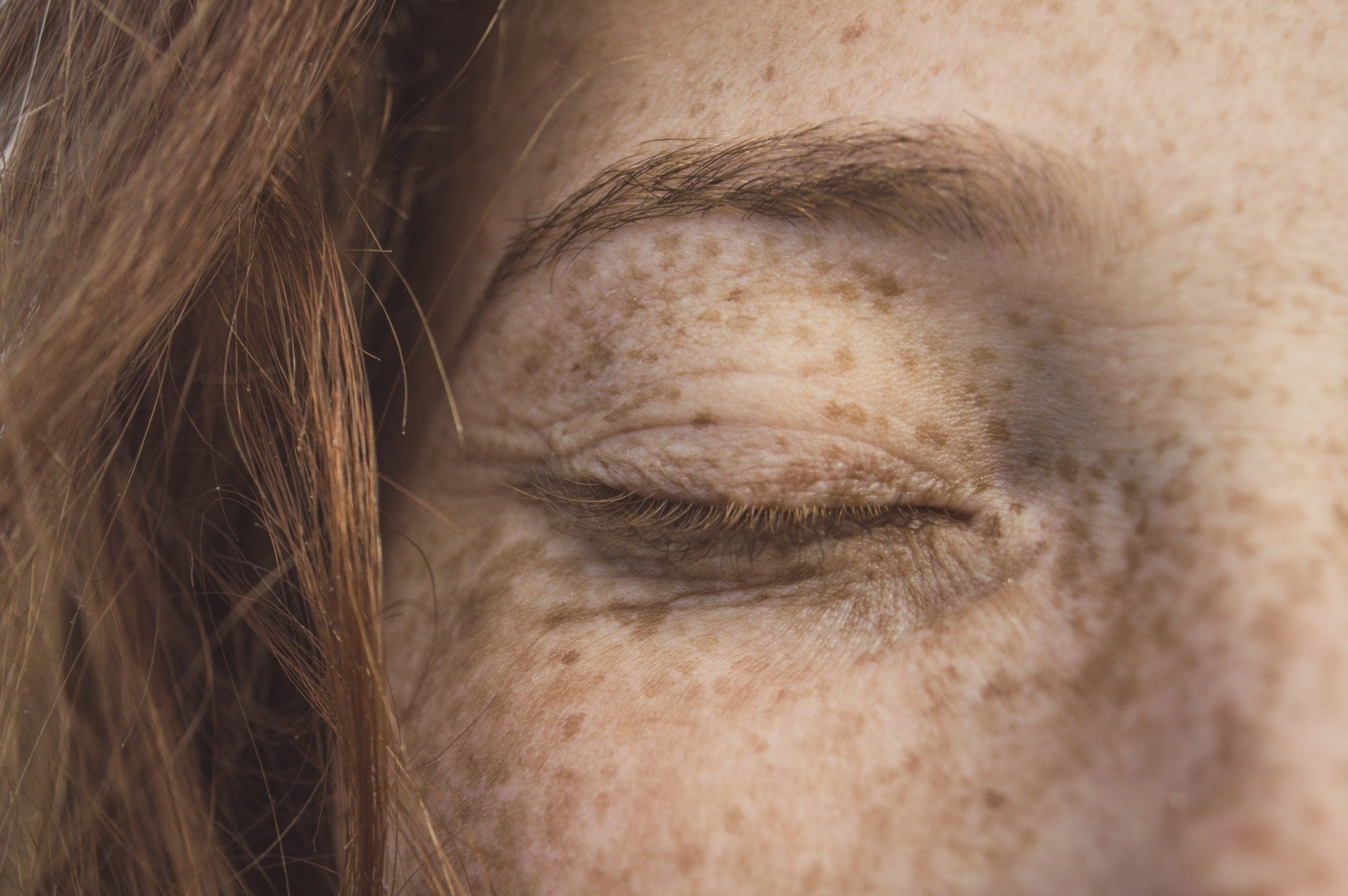
Natural sunscreen: safe protection with mineral filters
Why Choose Natural Sunscreen? Discover the Benefits and Differences in SPF Values
More and more people are becoming aware of what they put on their skin. This certainly applies to sunscreen. Natural sunscreen is becoming increasingly popular, and for good reason. Where traditional sunscreens often contain chemical filters, natural sunscreens work with safe, skin-friendly ingredients that are also better for the environment.
What is natural sunscreen?
Natural sunscreens contain mineral sunscreens , such as zinc oxide or titanium dioxide , instead of chemical UV filters. These minerals sit on the skin and reflect the sun's rays , unlike chemical filters that absorb sunlight and convert it into heat.
Chemical sunscreen can:
- Penetrate deep into the skin
- Cause skin irritation and inflammation
- Disrupting the hormonal balance
- Polluting the environment, especially the coral reef
That is why more and more people are choosing natural alternatives.
Zinc Oxide: The Power of Natural Sun Protection
Our natural sunscreens are based on zinc oxide – a mineral that provides broad spectrum protection against both UVA and UVB rays . This means your skin is optimally protected against both burning and premature skin aging. In addition, we add powerful antioxidants and hyaluronic acid to hydrate, nourish and protect the skin from free radicals.
What is the difference between SPF 15, 30 and 50?
SPF stands for Sun Protection Factor , and the number indicates how much longer you can stay in the sun without burning than without protection.
- SPF 15 blocks approximately 93% of UVB rays
- SPF 30 blocks approximately 97%
- SPF 50 blocks approximately 98%
Although the difference between SPF 30 and SPF 50 may seem small, it can be important for people with sensitive skin or an increased risk of skin cancer. Please note that no sunscreen offers 100% protection. Regular reapplication remains essential, especially after swimming or sweating.
How quickly does the SPF value in sunscreen decrease?
The effectiveness of sunscreen decreases over time. Even with proper storage, the protection factor can decrease by 10 to 20% each year.
- Unopened sunscreen will last for approximately 2 to 3 years when stored in a cool, dark place.
- Opened sunscreen usually has a shelf life of 12 months (check the 'open jar' icon on the packaging).
- Exposure to heat or sunlight accelerates the breakdown of active ingredients.
🧴 Tip: Store your sunscreen in a cool, dry place and don't leave it in a hot car or in the sun.
In summary: why natural sunscreen is the best choice;
✔️ Free from chemical filters
✔️ Suitable for sensitive skin
✔️ Provides instant protection after application
✔️ Eco-friendly and reef safe
✔️ Enriched with skin care ingredients
Protect your skin and our planet – choose our natural sunscreen!


